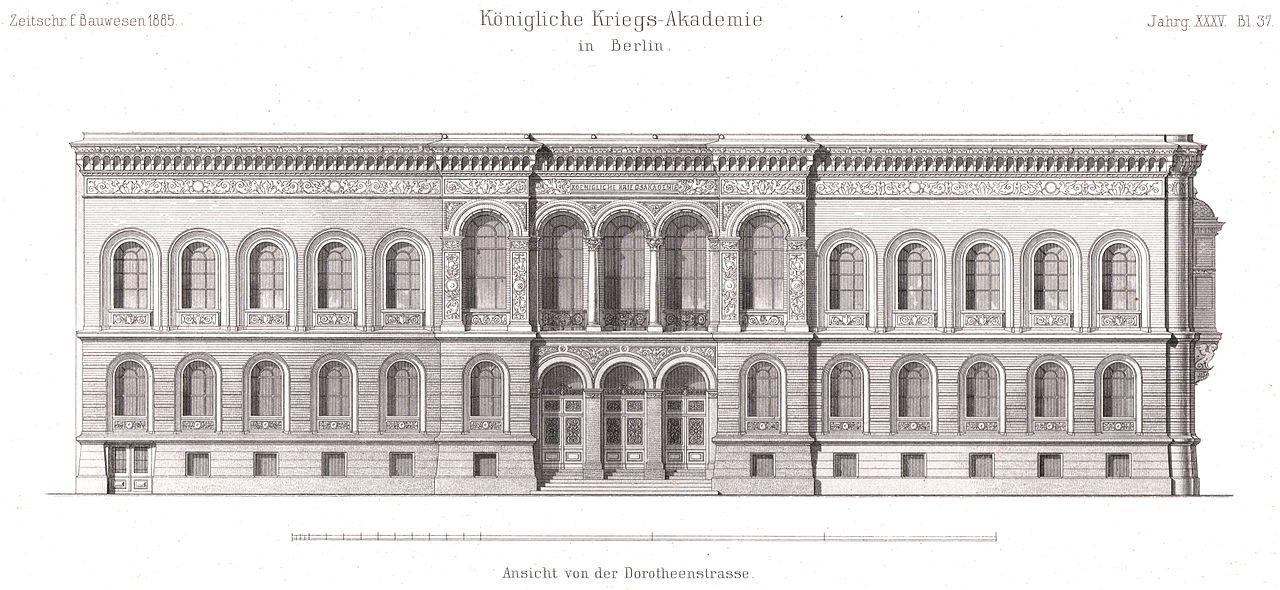Battles and Campaigns
The Case Method
In the course of discussing the utility of military history, Ben Duval makes an interesting distinction between the study of the campaigns that took place before the start of the twentieth century and the battles of the same era. Campaigns, he argues, were more open-ended than battles, and thus better suited to study by means of historical case studies than the latter.
The designers of the course of study at the Kriesgakademie in Berlin in the latter years of the nineteenth century embraced this dichotomy. Thus, they taught the conduct of campaigns (what they then still called by its old name of Strategie) by means of historical case studies and tactics (Taktik) by means of fictional problems. In 1895, however, the anonymous author of an article about that most famous of all staff colleges, wrote that, as "the incalculable” (das Unberechenbare) plays an important role in Taktik as well as Strategie, it would be “useful and advisable” to employ historical case studies in the teaching of both subjects.1
Anonymous, “Das Ideal einer Kriegsakamie,” Militär Wochenblatt, 1895, Number 31, page 831



